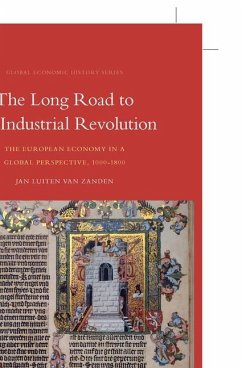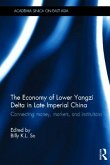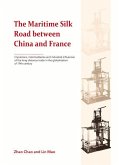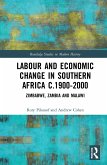Why did the Industrial Revolution happen in Western Europe? Was it a sudden acceleration of the European economy, or should we look at specific institutions arising in Western Europe since the Middle Ages? This book puts these big questions of European economic history in a global perspective, deals with the institutions that developed in Europe, and measures their relative efficiency over time and compared with other parts of Eurasia. It traces the growth of human capital in the centuries between 1000 and 1800, in comparison with China, Japan and India. It also demonstrates how important the European Marriage Pattern was for understanding Europe s past. The result is a new synthesis of the origins of the Industrial Revolution.








